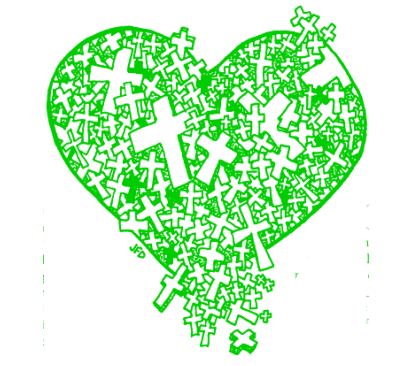
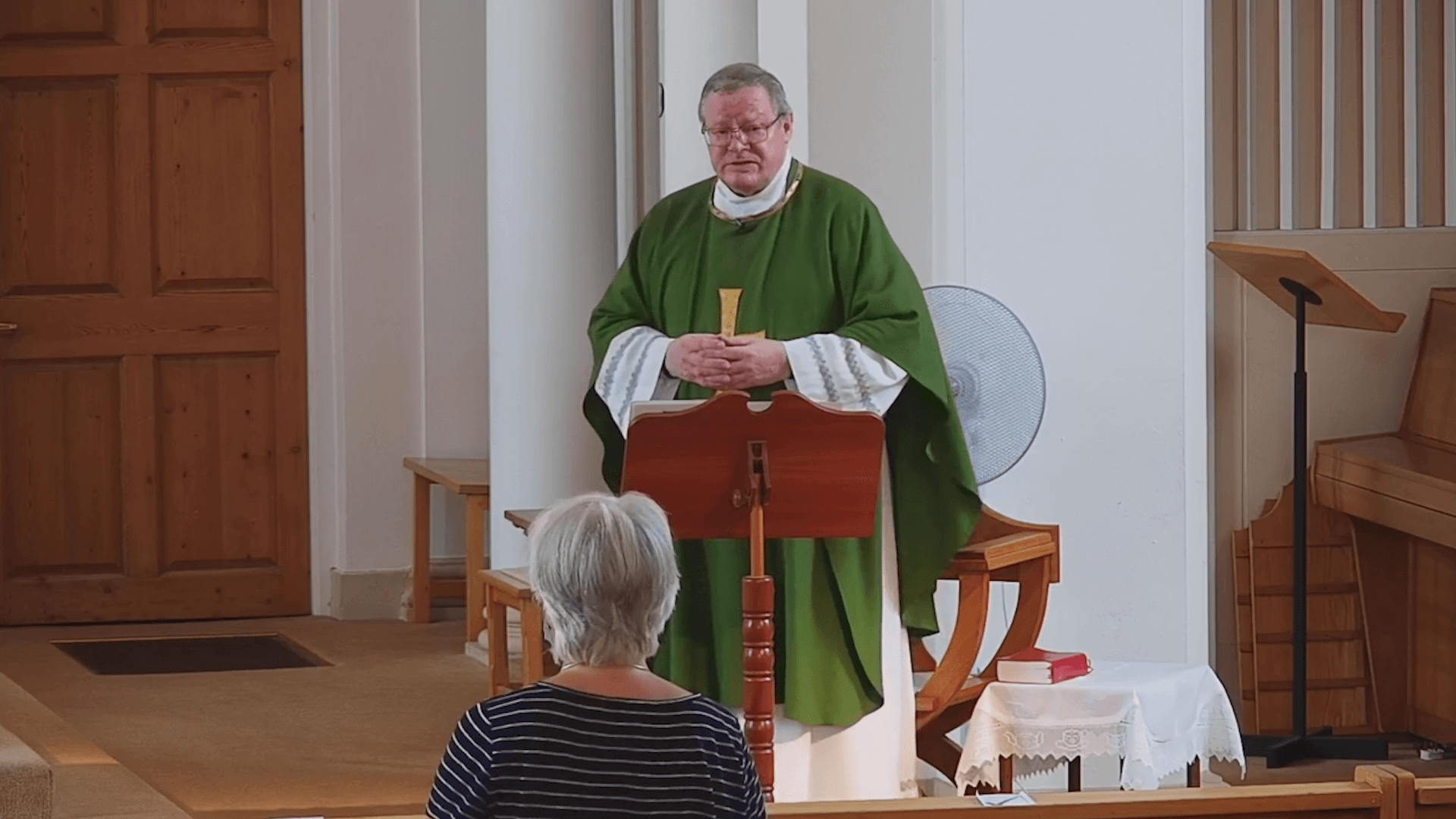
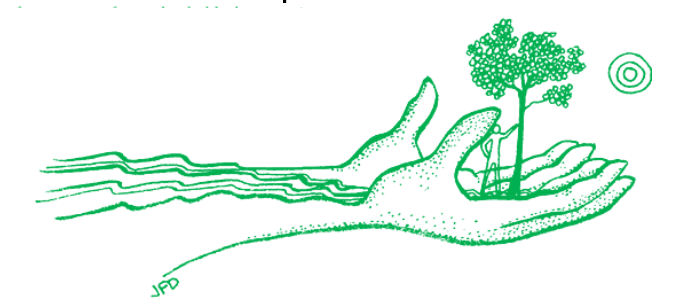

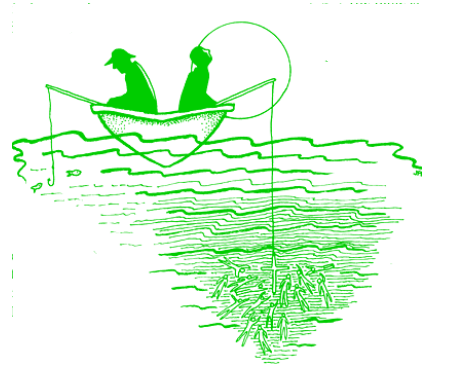

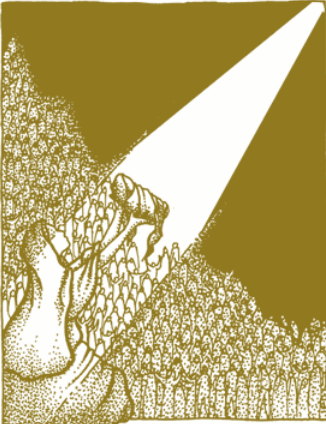

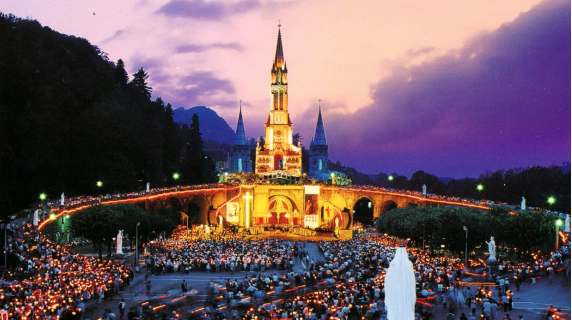
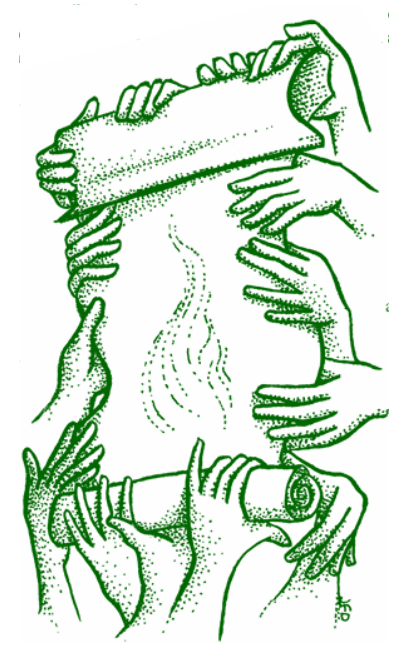
The Gospel reading today picks up partway through a dispute between Jesus and some quarrelling Jews. Jesus told them bluntly, “I am the bread of life... Whoever eats of this bread will live forever” (6:35).
The Jews, of course, are confused when they imagine literally chewing on someone’s flesh and drinking his blood. We can understand this confusion when we as Catholics teach children about this mystery of the Eucharist. In their literal way of understanding, kids are confused too about how bread and wine could possibly be Jesus’ body and blood. As adults, though, we can move beyond a need for literal understanding (how can the consecrated host be Jesus’ body if it still looks and tastes like bread?) to try to accept a mystery that our minds will never be able to explain. In the same way, we recognise that Jesus worked miracles of healing that science can’t explain, and we believe that he rose from the dead even though everything else in our lives tells us that would be impossible.
A few verses after today’s passage, the Gospel writer tells us that “many of his disciples turned back and no longer went about with him” (Jn. 6:66) because of this difficult teaching. Others, like Simon Peter, chose to stay with Jesus. The difference between those who turned away and those who stayed was one of being willing to take a leap beyond rational understanding. The Israelites who were given manna in the desert took a leap of faith and chose to eat it - and they survived because of it. They could have left it on the ground and starved to death because they couldn’t understand where it appeared from or what it was. In the same way today, Jesus offers us himself - in the Eucharist, in scripture, and the physical company of believers, “the body of Christ.” We can open ourselves to receiving the food he sends us, or we can refuse it because we don’t understand it.
Questions of the Week
How has God fed you during a lean time in the past? What blessings did God send that got you through your desert?
Is it easy or hard for you to get past trying to understand Jesus’ real presence in the Eucharist on a rational level? In what ways?









